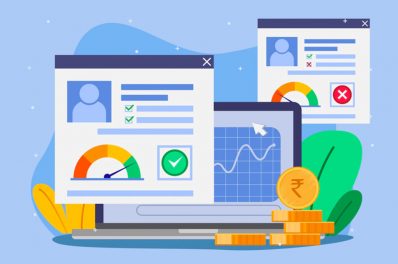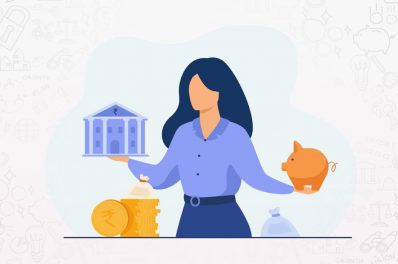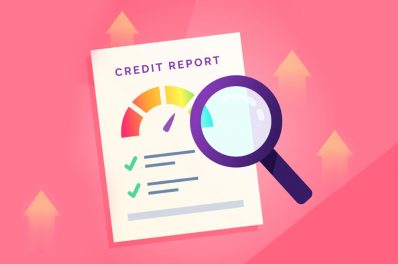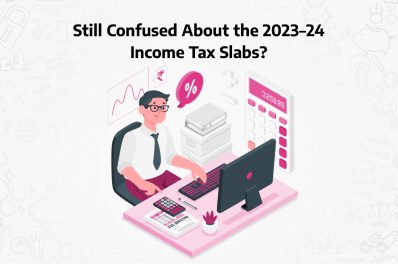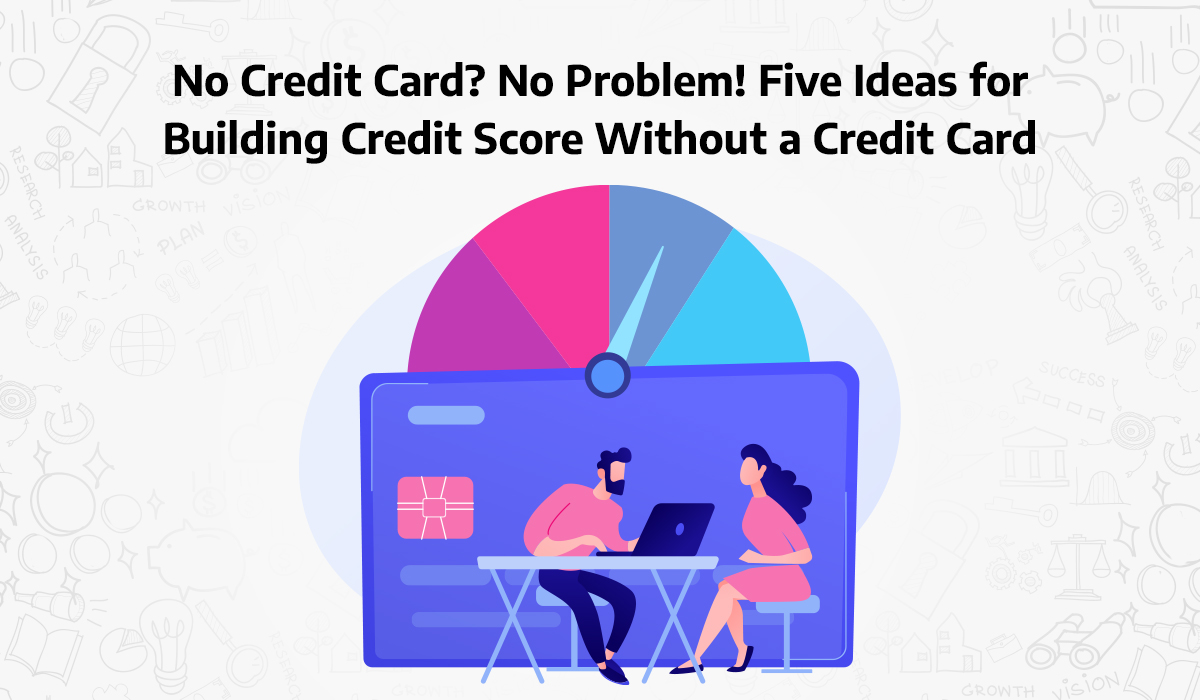
Credit cards are great tools for building credit. They are flexible and easy to use, and you also get extra rewards if you use them regularly. Paying their bills or missing their payments shows up on your credit report. So, paying them on time is one of the sure-shot ways of building credit and many people take them to diversify their credit profile and build their credit.
However, if you do not have a credit card, do not want to take one, or do not qualify for one, we are giving you a few tips with which you can build your credit without a credit card.
What is Credit Score, and Why is it Important?
Credit bureaus are credit reporting agencies that generate your credit report depending on your credit history and repayment habits. Ranging from 300 to 900, the higher your score is in this range, the better it is considered for your creditworthiness. Any score above 630 is considered good and is enough to help you get a loan.
Lenders look at your credit score to determine your creditworthiness and decide whether to reject or approve your loan application and at what interest rate and terms and conditions. That is why it is essential to check your online credit score before applying for a loan and ensure that it is above 630 to secure your personal loan eligibility. These are a few tips for building credit without a credit card.
1. Take a Personal Loan
Personal loans are unsecured loans that can significantly help build credit if you pay their EMIs on time. You can take them for various purposes, including home renovation, wedding, education, travel, medical emergency, debt consolidation, and others. When you take a personal loan, you save your savings and get funds to cover the required expenses, and get a chance to build your credit with their regular payments.
To stay abreast of their EMI payments, you must set payment reminders or activate the e-mandate to remain disciplined with your credit. If you miss or delay your outstanding loan EMIs, it can negatively affect your credit score and force you to pay late payment penalties as well. If you think you have the habit of forgetting your payments, setting automatic reminders or activating e-mandate can help keep your payments up-to-date.
2. Lengthen Your Credit History
If you have old accounts that you no longer use, maintain them instead of closing them down. The longer your credit history is, the better it will be for your credit report. A long credit history signifies that you have been able to maintain your credit for several years and that you can handle it responsibly. Remember, when you apply for a loan, creditors check your credit score to ensure that it is good enough to prove your creditworthiness. If you have just started building your credit, the lenders may not trust you for responsible credit habits.
3. Choose a Longer Loan Tenure While Taking a Loan
If you don’t have a credit card, one crucial way of building credit is to take a loan. However, taking a loan and paying it off quickly may not help that much. You need to retain it for a longer time to build credit gradually. Therefore, while accepting a loan offer, choose a longer loan tenure as allowed by the lender.
For instance, Clix Capital offers a repayment tenure of 12 to 48 months for personal loans. You must be closer to 48 months while choosing your loan tenure, especially if you aim to build credit. However, choosing a longer term may result in a higher interest outgo, which is worth the improvement you will see in your credit score.
Also Read: Five Habits That Can Reduce Your Credit Score And Loan Eligibility
4. Maintain a Low Your Debt-To-Income Ratio
To build your credit, it doesn’t mean that you should take several loans at a time and start paying their EMIs while waiting for your credit score to improve. The number of debts you take within a fixed period should be minimal.
Take one loan at a time, repay it with responsibility, and take another only when you are done with the previous one. Taking too many loans at a time may cause several hard inquiries on your credit report, due to which your credit score may dive down suddenly. EMI payments of several loans may also become difficult, which may further affect your credit score.
5. Identify Any Errors in Your Credit Report and Dispute Them
It is common for credit bureaus to make mistakes while updating your credit records. Request a copy of your credit report and go through it properly to identify any disputes, errors, or wrong entries. If you find any, dispute them with your credit bureau or creditor and have them corrected to see your credit score improve instantly. By making your payments on time, keeping your debt-to-income ratio down, and considering taking personal loans, you can build your credit without a credit card.
Also Read: 10 Things Your Credit Report Shows & How to Understand Them
Check your Experian credit score here for free any number of times you want. Once you reach a score of 630 or above, apply for personal loans from Clix Capital and take advantage of our many benefits and features.
For any queries, find us on Facebook, Instagram, LinkedIn, Twitter, or WhatsApp. You can also reach us at hello@clix.capital.com or call us at +91-120-6465400.T&C Apply*.




